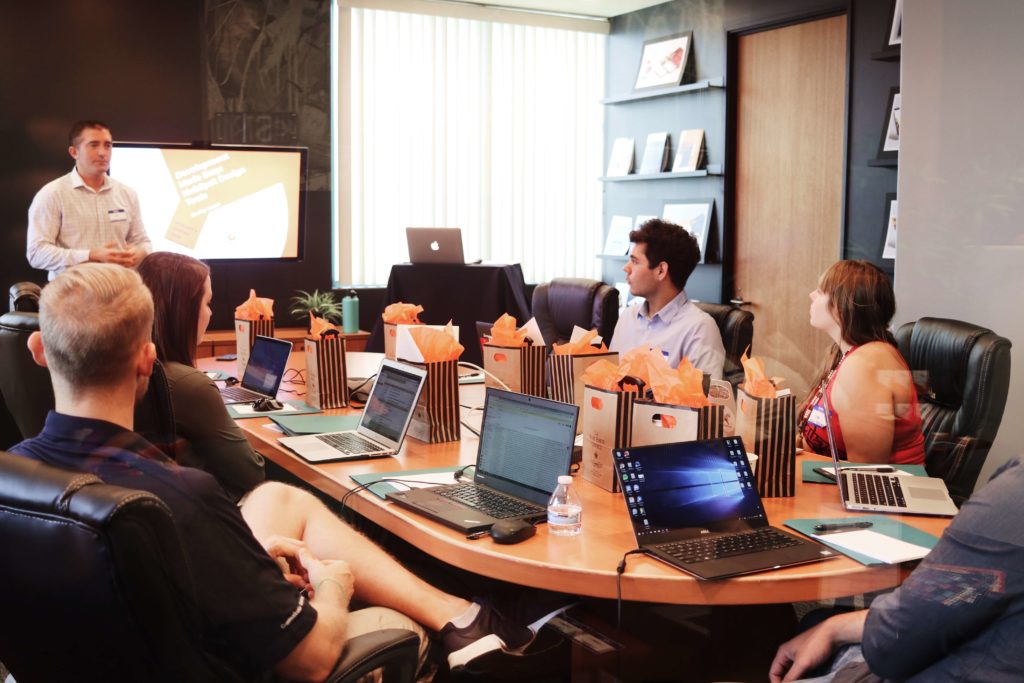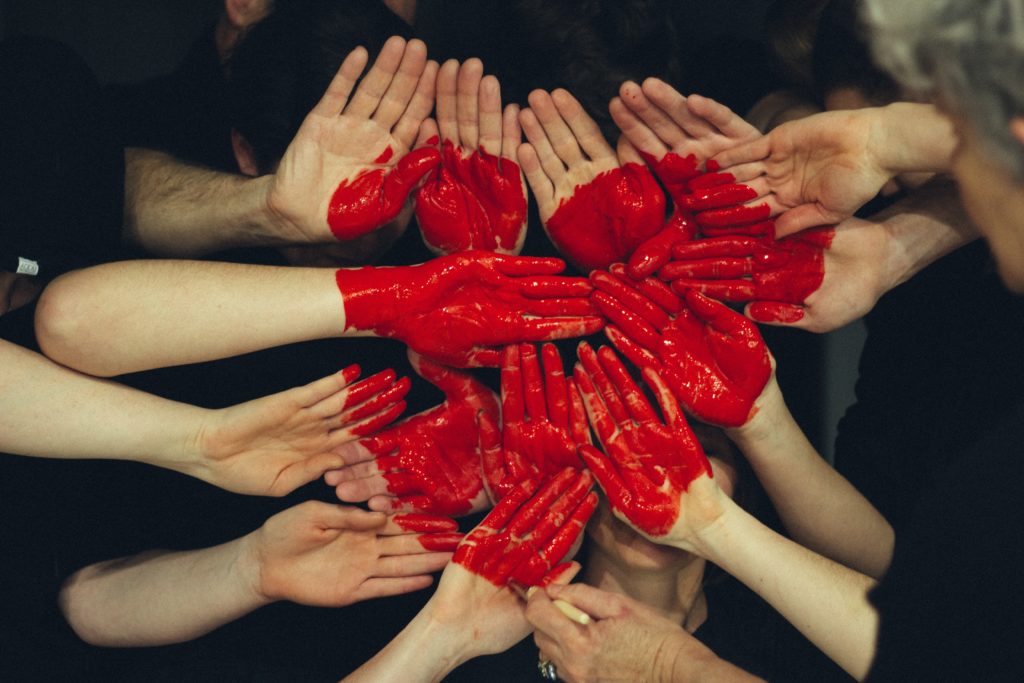
Moha Ganji and I had a lovely time talking about being one of the IAPA Top 25 leaders, the importance of planning and reflection time, where she finds mentors, and more.
Find the podcast on
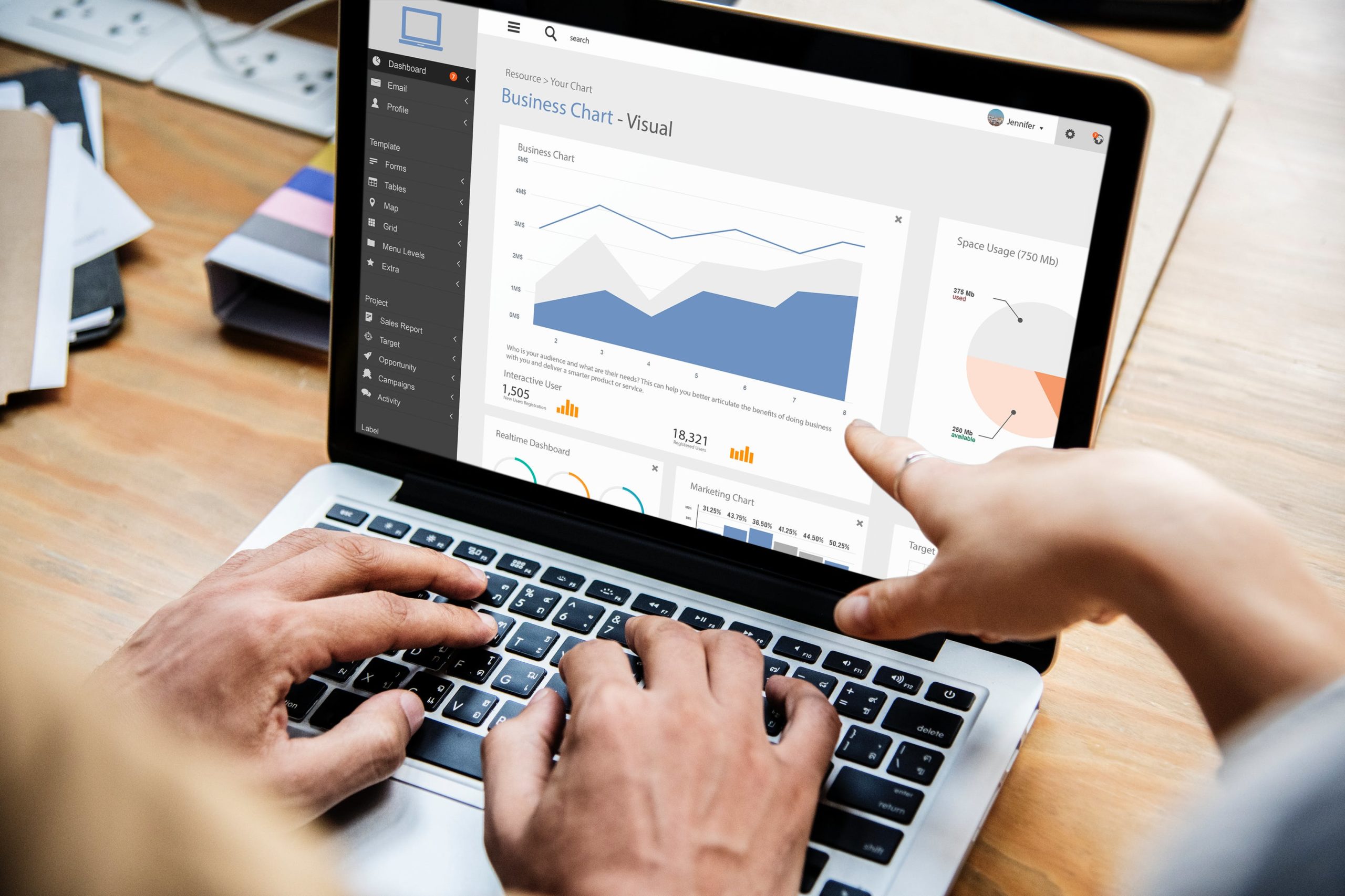
Moha Ganji IAPA Top 25
Cindy Tonkin:
Hi there, this is Cindy Tonkin, I’m the Consultant’s Consultant. I work with data science teams, helping them work even smarter, faster and nicer. If you’re brilliant and you want to be even better, this is the podcast for you.
Cindy Tonkin:
Ladies and gentleman, today I have Moha Ganji with me. I found Moha because she’s one of the IAPA top 25 leaders in analytics for 2019. Moha, talk to me about that. What was the application process like?
Moha Ganji:
Yeah, so I would like to thank you, it’s my pleasure to talk, to be here in your podcast today.
Cindy Tonkin:
Oh, you’re welcome.
Moha Ganji:
Thanks for having me, yeah. IAPA is I believe the largest analytics community in Australia, recently they joined ACS, Australian Computing Society. And basically what it does, it promotes growing the strategy role that analytics plays in modern business. They do a number of things that provide networking opportunities, networking opportunities, industry certificates. But last year it was the second round that they had this award for top 25 analytics leaders, through which I was ranked fifth and among the top leaders.
Cindy Tonkin:
Congratulations.
Moha Ganji:
Which I’m extremely humbled for. You know what, it’s like you… When you are doing your best, and although you’re facing challenges but you know you are on the right track and having impact, on top of all of that that rewarding feelings and support that you get from friends and even your organization, it’s very, very heart-warming and encouraging to receive industry recognition
Cindy Tonkin:
Yeah, to be recognized.
Moha Ganji:
Yeah. The experience itself was incredibly rewarding, from nomination to interview, and to the award ceremony was a great experience. It pushed me to take the opportunity to reflect on what I have been doing in analytics, this space, and the initiatives I was working on, and articulating them in written format, in the application and videos. So it was a great experience.
Atthe award party, I got to meet other amazing people in analytics area, top leaders, and still in touch with them, catch up with them from time to time.
Cindy Tonkin:
That’s great.
Moha Ganji:
Yeah, that was a great experience and great start to meet with people and grow my network as well.
Cindy Tonkin:
What have we achieved in the last year, two years, five years? What are we contributing to the industry, how are we learning, how’s the organization benefiting from what we do?
What’s interesting is, we so rarely take the time to look back and say, “What have we achieved in the last year, and in two years, in five years? What are we contributing to the industry, how are we learning, how’s the organization benefiting from what we do?” But as you say, by stopping to do the application you actually start to realize how far you’ve come.
Moha Ganji:
Yeah, that’s right.
Cindy Tonkin:
So how long did it take you? I imagine it’s a reasonably arduous process to do the application.
Moha Ganji:
It’s a written application and then there is a round of interviews where they’re asking to do a video, and saying specific questions, reflecting on your experience.
Cindy Tonkin:
So has it had an impact at all on your career in terms of anything, in terms of exposure, in terms of being part of groups, being invited to do podcasts for example? What’s the impact been so far?
Moha Ganji:
Yeah, I think the biggest impact for me was to get to know other people, other leaders in the industry. I stayed in touch with them, through them I got involved in some activities, some mentoring activities, judging student awards. I typically attend conferences or give a speech at conferences, but this time it was interesting to see a lot of familiar faces, most speakers I already knew. So that was a great experience, the award as well. Once you get this award, get this recognition, you feel that you need to give back to the community even more and be active even more than you have so far. And that obviously comes with rewarding feelings as well, and great learning.
Cindy Tonkin:

Working Smarter
Let’s talk about working smarter. Are there particular things that you do that help you work smarter? Do you have, I don’t know, time management routines, or life balance routines, or team stuff that you do that makes life easier and therefore help you work smarter?
Moha Ganji:
Well I believe the digital world has at the same time increased unwanted distractions in our everyday life, and also provided tools to help us to stay organized and focus.
So what I have done, I guess to help me work smarter, is removed all sources of distractions from my cell phone. And often I leave it aside in my constructive self-time that I’m focusing on a particular task, whether it’s planning or thinking or doing something. That has been very helpful in terms of avoiding distractions.
I do use digital sticky notes and lists even Microsoft team’s task planner to organize things that I need to get done.
I start my week with a block of planning time, and finish the week with a reflection block of time, like in the beginning I think about what is that I want to get done this week.
I start my week with a block of planning time, and finish the week with a reflection block of time
Moha Ganji:
And at the end I reflect what I’ve done on plan, or what went well, and what didn’t. On an every day or every week basis, that is very helpful for me.
Cindy Tonkin:
Yes, that’s a really good practice, yeah.
Moha Ganji:
Yeah. On a higher level than a day-to-day activity, I definitely found it absolutely useful to set quarterly goals, and fortnightly or monthly action plans towards achieving those goals. I started doing that around, perhaps two years ago, and I then read an incredible book by, I think it’s by Brian Moran, it’s called The 12 Week Year, which was exactly about that. It was about breaking down your goals to quarterly goals, and focus on achieving those goals in that shortened time
absolutely useful to set quarterly goals, and fortnightly or monthly action plans towards achieving those goals
Cindy Tonkin:
Yes please, we’ll link to it in the show notes definitely. I’ll probably read it in five seconds once I’ve finished doing the podcast with you. Have you noticed a change in how you’re achieving your goals, or your level of contentment with getting your goals using the system?
Moha Ganji:
Yeah, because it’s important not to just set goals, but actually putting that persistence in place to doing whatever it takes to achieve that. We all get excited when it is beginning of the year, or beginning of the new year
Cindy Tonkin:
or we get a new job, yeah. Exactly, yeah.
Moha Ganji:
It’s not actually easy to stick to the plan, to consistently progress toward achieving that. That’s why I believe breaking the big goals to quarterly, smaller, more achievable and smart goals can very much help you achieve them easier.
Cindy Tonkin:
Well that’s very nice, yeah.
Moha Ganji:
And grading success along the way is absolutely, again, it’s critical to keep the energy level high.
Cindy Tonkin:
Yeah, totally, exactly.
Moha Ganji:
because you need that.
Cindy Tonkin:
Yeah, you do, absolutely, on a daily basis there’s so many things that can get in the way, and the resilience comes from feeling that you’re getting stuff done.

Daily Routines
Yeah, absolutely. So what about daily routines? You’ve talked about you block out time on a Monday and Friday to kind of get things happening. Are there daily routines that you do to keep yourself healthy, wealthy and wise?
Moha Ganji:
Yeah. Depending on which day of the week it is, because I have shared responsibilities of dropping or picking the kid up from school
Cindy Tonkin:
How many kids have you got?
Moha Ganji:
I’ve got one.
Cindy Tonkin:
One, excellent.
Moha Ganji:
Generally my working day starts reflecting or… Actually before going to work I definitely tend to have a big breakfast, towards the energy level I need for the day, or for the rest of the morning. And at work often I start checking emails, just in a 15 minute block, no more, and then going to reflect what I’m going to do today, is there any preparation I need to do? And as I mentioned, often sometimes it’s a little bit hard to do daily, so I do weekly planning and reflection.
As another routine, perhaps a couple of days a week I have family activities, whether it’s riding a bike or just walking around for 30, 40 minutes. It’s been a while, I guess five, six months, that swimming twice a week has become a thing. In general it is all the exercise helps you feel fresh and energetic as well.
Cindy Tonkin:
And if it’s cardiovascular exercise, the cardio apparently helps you increase your brain cells, so why wouldn’t we do that?
Moha Ganji:
Exactly, yeah. At work, I guess those are my routines, but I generally do weekly routine, and daily activities.
Cindy Tonkin:

Career Lessons
Yeah, and you just execute, yeah. I get it, that’s fabulous. So what about career lessons? Are there lessons that you’ve learned over your lifetime, at work, at home, whatever, that you go, “This is a lesson I’ve learned, and it’s changed my life.”
Moha Ganji:
Yeah, definitely. I believe I have learned a lot of lessons in my career journey. Perhaps one of the important lessons that I’ve learned through my career is to always reflect on the big picture, especially early careers it is extremely easy to get lost in your everyday tasks and details that you may never turn your head around and look at the big picture, or perhaps you don’t even see the value to do so sometimes. At least in my early career I was like that. I remember days in my early career, I was frozen at my desk in front of my computer almost for the entire day, a very good employee, do all those things that I was supposed to do. But apart from the health implications of those behaviours that will come back to bite you at some point, if you don’t get the big picture you miss opportunities to have bigger impact.
Moha Ganji:
Once you start putting perspective on what you’re doing, you start to see all dependencies, hidden opportunities, and you find motivation and greater, a stronger sense of purpose in seeing how your contribution fits within the bigger picture of what your team or your organization is trying to achieve. I guess it resonates with the agile or lean concept as well, regularly get feedback, reflect. It has shown us if you are on track, or you need to pivot or adjust and you end up achieving more. So keeping that big picture perspective is something that I learned and helped me in my career. The other thing is, I believe you are never too junior or too senior to benefit from having a mentor.
I guess it resonates with the agile or lean concept as well, regularly get feedback, reflect. It has shown us if you are on track, or you need to pivot or adjust and you end up achieving more.
Cindy Tonkin:
Yes. Did you have a mentor? You have a couple of mentors maybe?
Moha Ganji:
Yeah, your mentor, and it’s informal in a lot of cases. I would say I learned from every single person in my network, and I do have some mentors as well
Cindy Tonkin:

On finding a mentor
And how do you find mentors? This is something that lots of my clients say to me. “Well how do I find a mentor? I know I want one. How do I find one?” Where have you discovered them?
Moha Ganji:
I sometimes ask for a mentor, so I often have a buddy or a mentor at work who is often very experienced in that business, and knows all the dynamics and details about how things work. And also in an outside, outside my workplace, I find I meet people, I meet like-minded people, I meet people, leaders in analytics. Some people you get along very well and you feel like you learn from them, and sometimes it’s two ways. I have something to share, and they have something to share, and then we just say, “Okay, let’s keep on meeting, and discussing, and asking questions,” that becomes a mentorship relationship.
Cindy Tonkin:
So mentors can be peers, mentors can be colleagues, mentors can be people with the same job you’ve got in a different organization
Moha Ganji:
Yeah, same job, or totally different job. Because I believe you can learn from everyone.
Cindy Tonkin:
That’s interesting, so it becomes “If other people met a mentor, would they actually recognize that person as a mentor?” You’ve obviously been able to go, “That’s a mentor, that’s a mentor, that’s a mentor.” But maybe some of the people who are saying, “How do I find one,” are actually looking straight at the person when they ask.
If other people met a mentor, would they actually recognize that person as a mentor?
Moha Ganji:
Maybe.
Cindy Tonkin:
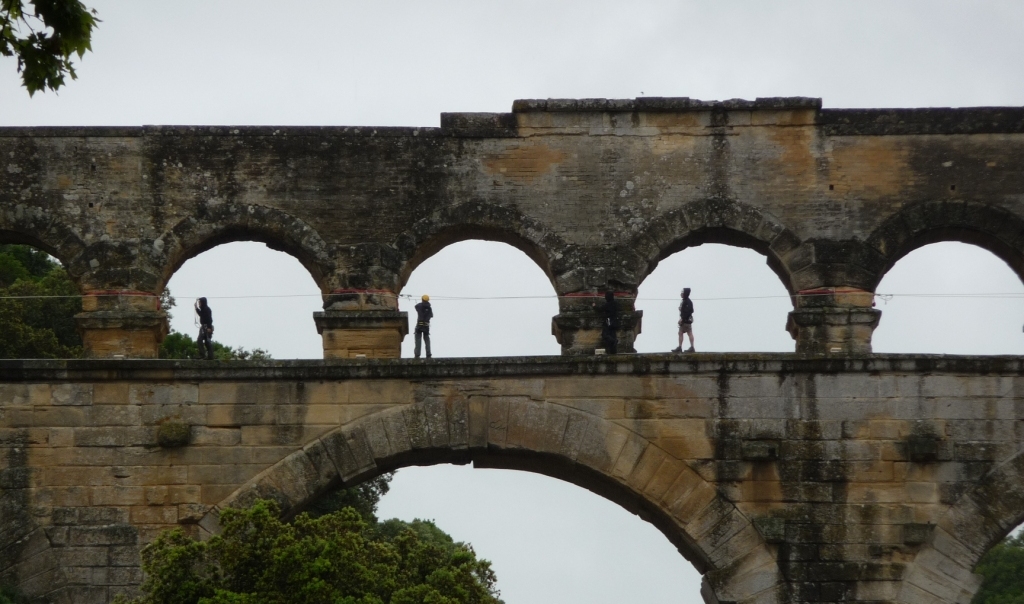
Better data people
It’s an interesting question. So you’ve obviously been in analytics for a while. What do you think makes a better or worse analyst, or data scientist? What’s your perspective on that?
Moha Ganji:
Obviously technical expertise to conduct analysis, build models, evaluate them properly. These are all must haves.
But what differentiates a good or a better data scientist, or analytics professional I believe is business understanding, and strong communication. What I mean by that is, to be able to work with the business closely to peel the problem and its layers of complexity, scope it, define hypotheses and go about testing them or solving that problem. And all of that requires both business understanding and communication or consulting skills, and along the way be able to keep that line of effective communication and feedback to make sure he’s not missing or misunderstanding anything. And also from business side, ensure that the business user is comfortable with the solution that is being developed. So this comes with a series of, I guess complimentary skills.
Moha Ganji:
Like the ability to explain concepts, stakeholder management or consulting type of skills, having that team player attitude as well comes to the window.
Depending on maturity of the team, the structures and ways of working at different organizations, multiple roles are involved. You have data scientists and data engineers. In some organizations they have even titles like business translator, or someone who primarily is the bridge. But I would say regardless of having that kind of role or not, business understanding and a strong communication is still a key factor, no matter which role in the area and where in the value chain you are, that is absolutely critical differentiator between good and bad.
Cindy Tonkin:
And all of this, as you said, underpinned by strong technical knowledge, so you can then translate that into a technical response.
Moha Ganji:
Exactly, yeah.
Cindy Tonkin:
But if you don’t know what the problem is you’re solving, then you could be solving a different problem than the client needs.
Moha Ganji:
Yeah. And also, if you can’t communicate that well enough for the user to adopt it smoothly, then no-one is going to use your solution. It’s not going to deliver the impact it’s supposed to deliver.
if you can’t communicate that well enough for the user to adopt it smoothly, then no-one is going to use your solution. It’s not going to deliver the impact it’s supposed to deliver.
Cindy Tonkin:
Exactly. So you end up with a dashboard that gives me so much information as a stakeholder that I don’t know how to use it, but I’ve got a dashboard so I must be okay, yeah.
Moha Ganji:
Exactly.
Cindy Tonkin:
Yeah, exactly. So what about professional development? What do you do for professional development? You’ve mentioned conferences. Is there particular conferences you like?
Moha Ganji:
Two years ago I attended… It’s Chief Data Officer in Melbourne, that was a very good conference. The other one I attended this year was AI Summit. So attending conferences or informal networking events, meeting with other professionals, with leaders in the community, that’s definitely something that I do to keep up with my own professional development. I do have quarterly plans for my professional development as well. Which is also including reading books or taking online courses.
Cindy Tonkin:
So are there particular courses or podcasts or books that you’d recommend? You’ve already recommended us one, but I bet you’ve got hundreds of others.
Moha Ganji:
Yeah. So recently for example I’m looking at Strategic Thinking from Harvard Businesses School, that’s the book I’m reading at the moment that comes to mind. Recently I’ve been reading more about leadership and management, but that could be depending on what is my quarterly plan.
Cindy Tonkin:
Yes, exactly.
Moha Ganji:
So I already mentioned about mentors, meeting with mentors, with the book. I guess I covered all of that already in the other questions.
Cindy Tonkin:
Yes, they do start to overlap. Once you’ve answered four or five they all become the same question. That’s okay. Do you listen to podcasts?
Moha Ganji:
Yeah, yes. I do listen to podcasts, not very regularly, but I did listen to a few podcasts. Your podcast…
Cindy Tonkin:
Of course, everybody listens to my podcast.
Moha Ganji:
This is one that Felipe Flores is doing, that’s a good one as well.
Cindy Tonkin:
Yes, that is good, yes.
Moha Ganji:
I listened to a few episodes, yeah.

Building an analytics team from Scratch
Cindy Tonkin:
Lovely. So talk to me about, if you had all the money in the world and all the time in the world, and you were setting up a data, science data analytics capability from scratch in a new organization, where would you start?
Moha Ganji:
It’s an interesting question, because initially you mentioned if you had all the money and all the-
Cindy Tonkin:
Yeah that’s right, that’s the hard bit isn’t it?
Moha Ganji:
So I would perhaps look at it more broadly. When I’m thinking about capability, or building capability, for me it is in a few verticals. It is in a few verticals, it’s about people and organizations, it’s about the talents that we have, the talents, the skills that we need. The other respect is tools and technology, and then technology that we are using, created for purpose. Is it scalable, is it meeting our needs, catering for our future needs? I look at impact, what is the impact we are having or we want to have? And also the process and governance, are we tied up with too many limiting processes? Or from the other hand, do we have enough controls in place or in our processes or not?
Moha Ganji:
So what I do in these verticals, I look at the existing capability from these different aspects, and I kind of assess it, where we are, where is the organization sitting from those material point of view? Where does it sit today, and where are the gaps?
And from there that gives me an understanding of how can I make best use of the existing capability and what are the areas that we need to work on?
At the same time, building analytic capability always requires, or at least to delivering the impact, it requires the business to buy into it, and business users to adopt the solutions, to realize the value and the impact.
So it is important to understand the strategic direction of the organization, and see where the analytics capability needs to be to support and to enable achieving those strategic goals.
Moha Ganji:
And by doing that, you… And also it’s about communicating and engaging with the business, senior leadership especially, to get their view and their support on the journey of building the capability.
Cindy Tonkin:
Because setting something up like this from scratch, there must be a lot of stakeholder anxiety or nervousness about, “What are we doing, and will I still have control,” and all those kinds of things. Is that true?
Moha Ganji:
Exactly, that’s right. Even though you have these… Again, the organizations are at different level in terms of how ready they are to adopt things. But regardless of how the exec level are supported, how you’re building the capability or building the talent or the coolest technology or the latest advancements we are using, if the business users and users are not feeling ready or feeling comfortable using the tools or the solutions that you’re developing, you’re not going to get the value out of it. So that adoption or you may call it change management piece is absolutely critical. And that comes with that communication as well, so as I mentioned, once you see what is existing capability, what is that needs to be done. That’s the time you need to start communicating, not only with the senior leadership but also with the broader organization about your plan.
if the business users and users are not feeling ready or feeling comfortable using the tools or the solutions that you’re developing, you’re not going to get the value out of it
Moha Ganji:
That how this capability needs to build up, and how it’s going to be integrated with the everyday, or how it’s going to impact the everyday work of every business user in that organization. So yeah, definitely it’s a complex journey, but the key is I guess getting what it is existing and what needs to be done and what’s to plan, but also the absolutely important factor here is the communication and the adoption plan for business users.
Cindy Tonkin:
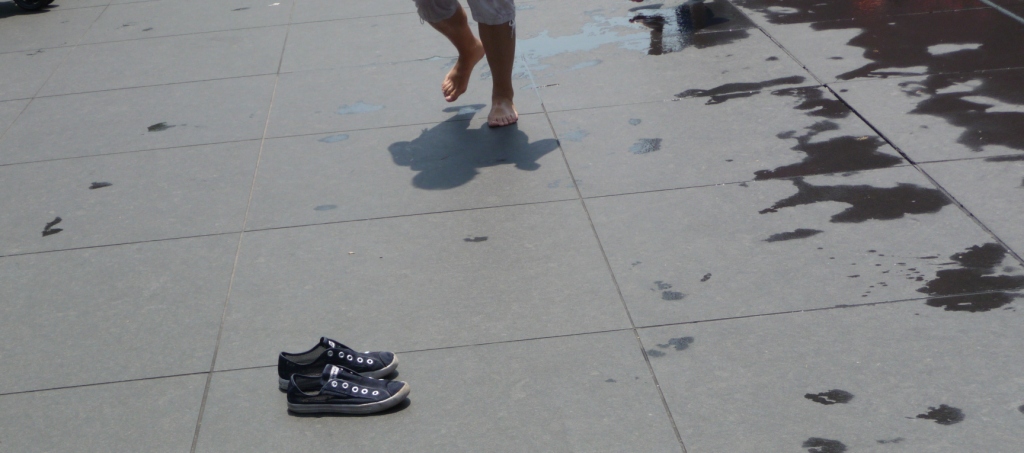
Recruiting for talent
Totally, absolutely. Now you mentioned the importance of talent when you were talking about setting out from scratch. How do you recruit for talent? What are the tricks or techniques that you use to make sure you get the right kind of people?
Moha Ganji:
Yeah, so for me it is important to have the range of skills, studies covering the end-to-end life cycle of the project.
You can’t have a gap in capability, it just would be stupid.
Moha Ganji:
That’s right, it is I think even sometimes not realistic to expect someone is good at or someone is really good at or expert at all parts of the process.
But the diversity with having diverse backgrounds, diverse skill sets in your team, you get that collective outcome. So I do look at different skills, I look at technical skills, I look at soft skills. I actually developed a capability matrix for all the roles in my team. So it’s behavioural skills, like people management, team career attitude, resilience, risk management, all the behavioural type of skills, and technical skills around data science, data engineering, analytics.
Cindy Tonkin:
Do you know how to use Power BI. Can you use SQL…
Moha Ganji:
… visualization, all the technical skills. And then I’ve got roles in my team, and for each of the roles I kind of have a score or have an ideal score of where they should be in terms of these skill list. I don’t expect everyone to rank high in all of the aspects, it is definitely related to their role.
So I would expect everyone to have at least foundational understanding about the whole value chain, or in terms of their skills and expertise. That could be they just need to rank high in relevant skills that are important in their area.
For example I would expect my data scientist to have the understanding and knowledge of how the model is going to go into production, but if his skill doesn’t rank high in that deployment side that’s totally fine. Because I’ve got another data engineer whose skill is really, really strong in that part-
Cindy Tonkin:
Who picks up the slack. So when you recruit for someone, how do you test for some of those things? Obviously from a technical skill you can literally give them a, “Here’s a case study, do it, or bring us something and talk us through how you did it.” Do you do that kind of stuff?
Moha Ganji:
So for the technical, we do have sometimes depending on the role. We sometimes have little case studies for them to do. We look at if they have a code already available online on Git or some of that. Rarely we do also have a coding activity as well, but that’s not a very common thing. More I would be looking at, how do I approach a problem for a data scientist? How do I approach solving this particular problem or asking more detailed questions about their previous experiences, why they did certain things or why they tried certain models or algorithms or approaches, and why not the other ones
Cindy Tonkin:
Right, so you kind of asked behavioural questions about, “Tell me about a time when, or talk me through how you-“
Moha Ganji:
Okay, oh yeah, so that was the technical part I was referring to, but the behavioural part, it’s mainly about their experiences, then they experience the situation or a situation at work, how did they approach it?
It’s a conflict, whether it was people management aspect or something else. And also it’s important sometimes to ask about things that went wrong, not always right. So was there any situation that they reflect on and they say, “I could do better?”
Cindy Tonkin:
Yeah, I solved it this way but I wish I had done it this way, yeah.
Moha Ganji:
That’s right. Obviously we are not judging why they did that wrong, but it’s important to see how well they are understanding or reflecting on their actions or behaviours and they are always looking to improve.
see how well they are understanding or reflecting on their actions or behaviours and they are always looking to improve.
Cindy Tonkin:
Nice. So that’s kind of another… When we talked about what makes a better or worse data person, this is a kind of hidden one that you didn’t necessarily say out loud, “Do they learn from their experience and are they trying to be better?” Is that true?
Do they learn from their experience and are they trying to be better?
Moha Ganji:
Exactly, that’s absolutely important.
Cindy Tonkin:
So when you’re recruiting you’re looking for people who are learning from their experience and trying to be better, who may be better than someone who doesn’t learn from experience but has all the tech skills that we think they need.
Moha Ganji:
Yeah. And even that capability matrix that I was talking about earlier, again, absolutely people don’t need to score high, or they don’t need to tick all the boxes or have experience or have done all the right things, because we are all improving, we are all learning, and as long as they have that attitude that’s all good, that shows a strong aspect of their personality and their career.
Being a professional person. If it is technical, even if they say, “Okay, I haven’t done modular leadership or people management, but that’s something that I want to grow,” then… Or if it is in a technical aspect, “I’m going to work on this type of things, I’m going to learn PowerBI or whatever.” So that become our basis to set up and discuss a personal development or professional development at work, and that’s something again, I generally on an annual basis, but I tend to bring that quarterly planning: we can think about it and have a plan and track how they progress with that, and then make sure that we have set up the support system for them to get exposed to that particular skill, that particular experience that they need to grow in that experience, in that aspect of their skills that they want to develop.
Cindy Tonkin:
Yes, exactly. Because we’re talking about education, but also exposure and experience, because those are the three different ways we can learn, exactly.
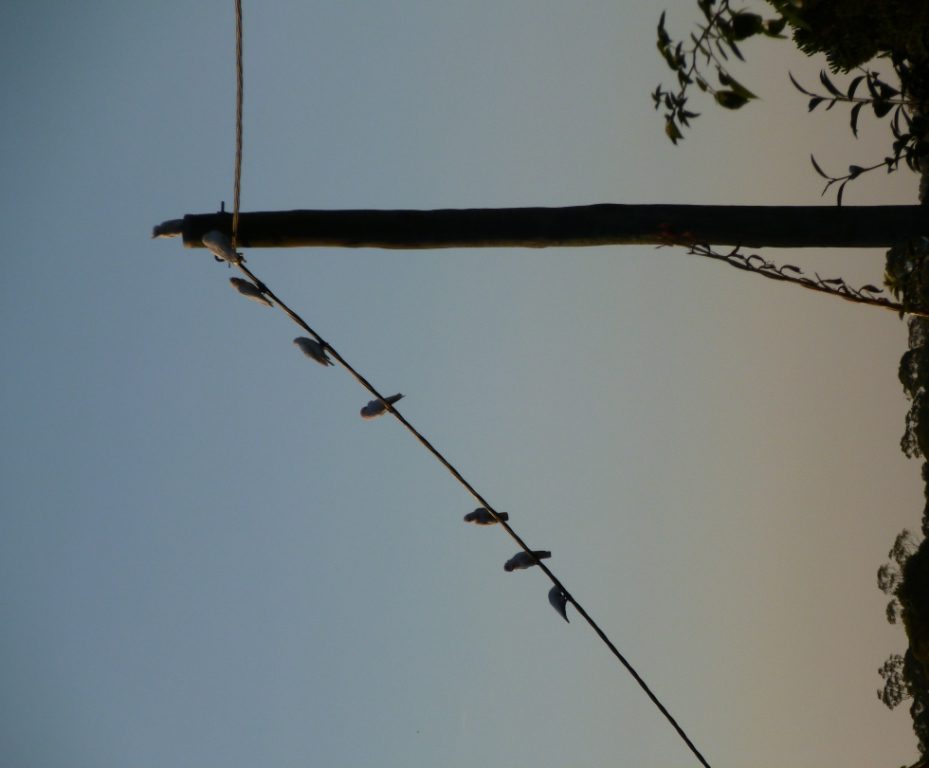
Explaining the complex simply
What about explanation? So part of the job of analytics professionals is to essentially explain to people who may be not as smart at data how they’re going to approach a problem or how they have approached a problem or why this dashboard’s going to be useful for them. How do you go about explaining stuff that’s complex to people who are kind of data-naïve? What’s your principles on that?
Moha Ganji:
I think that the best thing that I learned over time is to start with the impact and why they should care or how this particular information that I’m going to share is important or relevant to the people, to the audience. So setting up that scene is definitely very important I believe. Then depending on what is the technical level of the information that they want to share, I would ummarize it as much as I can, given the critical information that I want to share is not missed from that.
So I keep the critical information as a high level, I start with a high level, but then I go into details and along the way I explain if there are any absolutely critical terms or pieces of information they need to know about, and that’s not a general term, I explain that first, and then begin to further if need be.
start with the impact and why they should care or how this particular information that I’m going to share is important or relevant
Moha Ganji:
But again, visualization these days, there are a lot of great tools for visualizations, and every day I see new things, simple and informatic visualization is another way to put complex things in a simple visual format. Specifically people are often not very good at text or lots of numbers, but pictures and visualization are much easier to grasp. It requires less brain perhaps to understand and that’s always good.
people are often not very good at text or lots of numbers, but pictures and visualization is much easier to grasp

Favourite Charity
Cindy Tonkin:
So the final question I have to ask you is about what’s your favourite charity, who’s your favourite charity, and I’m very happy to talk to you about any other questions you might want to talk about. So what’s your favourite charity?
Moha Ganji:
Yeah, sure. So my favourite charity is the Yarra Foundation and why that’s my favourite charity is because I’m really passionate about education and also equal opportunity for everyone. So what they do, at least part of the thing that they are doing is they are supporting students in need in developing countries, and that’s something close to my heart. So that’s why this charity is my favourite one.
Cindy Tonkin:
Right, excellent. And is there anything else you want to say?
Moha Ganji:
In terms of questions, not really, I don’t know. I would like to thank you for taking the time and I really enjoyed the conversation we had today.
Cindy Tonkin:
You are welcome, thank you so much for taking your time Moha. We have rescheduled this call over three months I think, four months maybe-
Between my availability and your availability, it’s been very low. So I appreciate your resilience in continuing to schedule this, and I so have enjoyed talking to you and finding out your perspective.
This is Cindy Tonkin, I’m the Consultant’s Consultant and you’ve been listening to Smarter Data People. This is part of what I do to understand how it is that data scientists can be more effective in the workplace, smarter, faster and nicer. And if you have a team and you’re finding them harder to manage than they could be, if you’re constantly trying to squeeze more out of your budget and out of their time, and if you’ve got stakeholders or they’ve got stakeholders who are less than happy sometimes, maybe a lot more than sometimes, it can be really annoying and it can make you feel incompetent.
Cindy Tonkin:
I can help you help them get to the important problems faster, target the wasted time and save you time and money, and ultimately delight stakeholders so that you can feel competent again. It’s such a good feeling. Talk to me.


